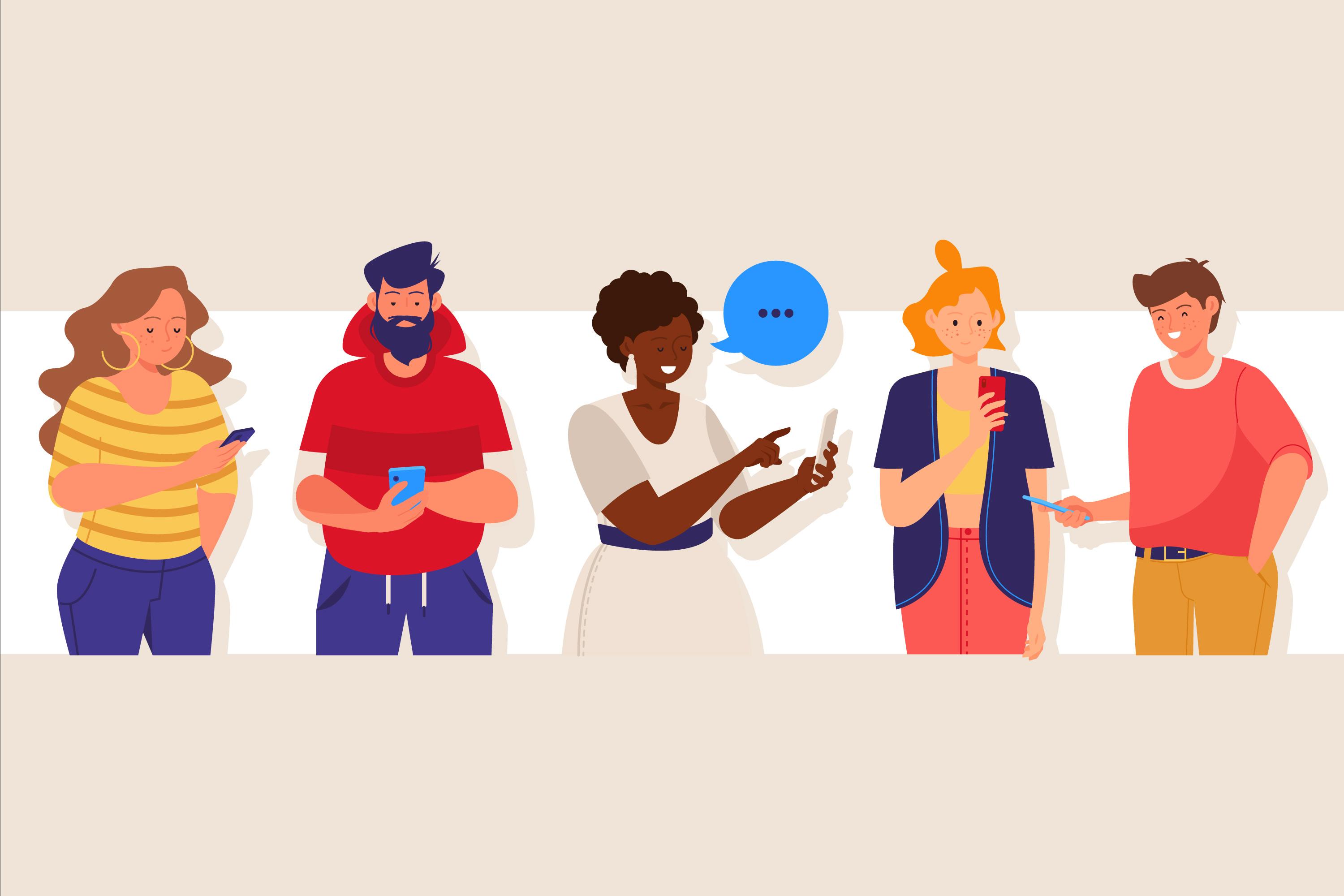The traditional resume is undergoing a transformation. Once the cornerstone of hiring, a PDF or paper document filled with bullet points and buzzwords is no longer enough to stand out. With the rapid rise of artificial intelligence in recruitment, hiring teams are shifting how they evaluate candidates—and it's changing the game for both job seekers and employers.
1. From Keywords to Context: Smarter Screening with AI
For years, applicant tracking systems (ATS) relied on keyword matching to sort resumes. But AI is taking it a step further. Today’s AI-powered tools don’t just scan for words—they understand them. They analyze phrasing, career trajectories, and even transferable skills to build a more holistic view of a candidate. This shift allows hiring teams to surface qualified applicants who may not follow a “typical” path but still have the potential to thrive.
2. Skill-Based Hiring Takes the Lead
As AI tools grow more sophisticated, companies are placing more emphasis on skills and potential over formal credentials. Resumes that once led with degrees and job titles are now being supplemented—or replaced—by portfolios, assessments, and data-driven insights. AI platforms can assess technical skills, behavioral traits, and learning agility, giving hiring managers more relevant information than a resume alone can offer.
3. Personalized Candidate Journeys with AI
AI isn’t just about screening—it’s enhancing the candidate experience too. Intelligent chatbots, automated scheduling, and custom follow-ups create smoother, faster, and more personalized application processes. Candidates are no longer left in the dark for weeks. Instead, AI helps maintain engagement, boosts communication, and ensures candidates feel seen—even when they aren’t selected.
4. Reducing Bias (When Done Right)
One of AI’s most promising advantages is the potential to minimize unconscious bias. Traditional resume reviews can be influenced by names, locations, or education backgrounds. Properly trained AI models can anonymize data or highlight underrepresented talent, encouraging more equitable hiring practices. But this only works if the AI is built with diversity and fairness in mind—a growing focus in ethical AI development.
5. What This Means for Job Seekers
As AI reshapes the hiring process, job seekers need to adapt. That means:
- Emphasizing skills and achievements over job titles
- Creating dynamic portfolios or online profiles
- Using keywords strategically, but not robotically
- Preparing for behavioral or skills-based assessments
- Staying authentic—AI is getting better at detecting embellishment
AI is not eliminating resumes—it’s evolving them. The hiring process is moving toward a more nuanced, skills-first, and data-informed approach. For employers, it means better hires. For job seekers, it means new ways to shine. In this new hiring era, those who adapt and embrace the changes will have the edge.
Alltourage Insider
Your digest on all things Alltourage, industry highlights, hiring strategies and insightful resources to guide your hiring journey.




